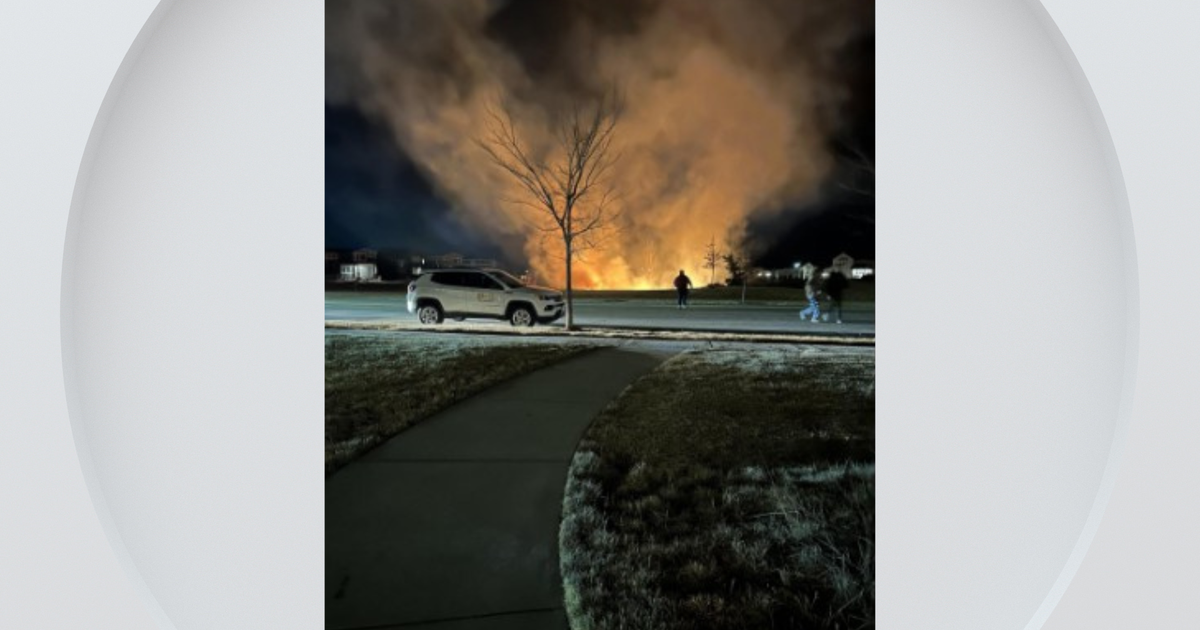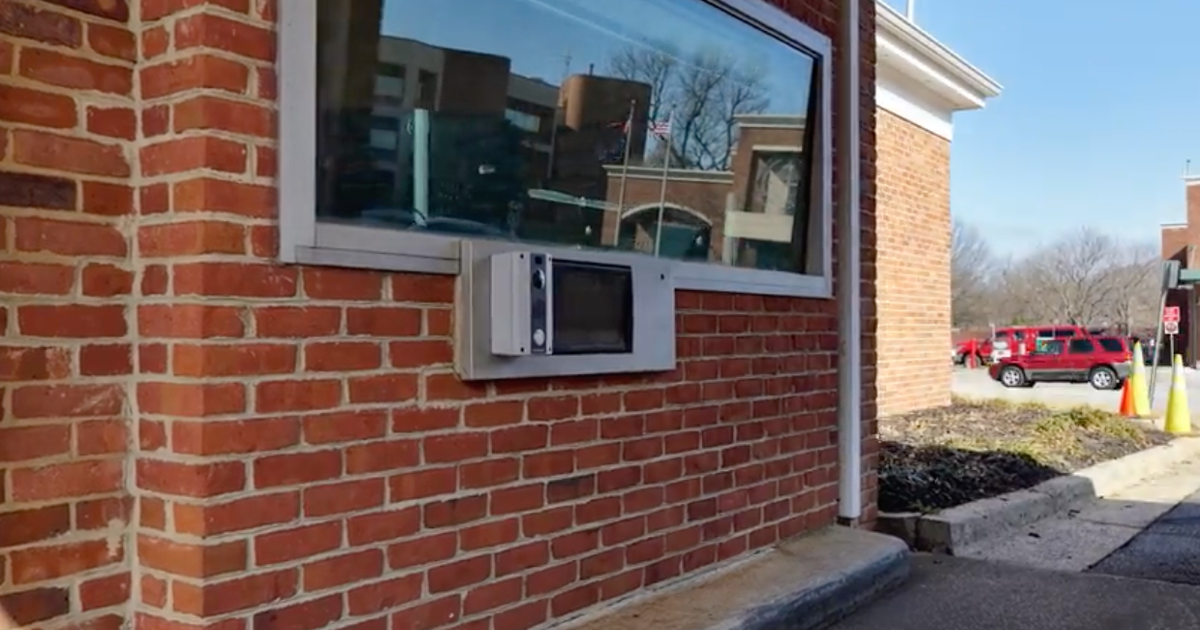Social Security recipients say they're still waiting for stimulus checks
Some Social Security recipients say they're still waiting for their stimulus checks, even though the Social Security Administration has said many of them should have begun receiving their payments a month ago in mid-April. Some also continue to struggle with getting information from the IRS "Get My Payment" site, leaving them unsure when the checks will arrive.
"I've been getting my Social Security payment for 17 years, and it comes direct deposit," David Kemp, a 73-year-old retiree in Maryville, Tennessee, told CBS MoneyWatch. "That they can't get one check to that same account, which the Social Security Administration already has on record, it just doesn't make sense to me."
Kemp said he's tried unsuccessfully to get an answer from the "Get My Payment" site, which tells him his information doesn't match what the IRS has on file — even though he's typing in the same information that's on his tax returns.
He said he's also tried calling the IRS, but has only gotten an automated message, without an option to talk with a telephone representative about the $2,400 stimulus payment that he and his wife are still waiting to receive. The IRS on Monday said it's adding 3,500 telephone representatives to take calls about the stimulus checks, but Kemp had yet to reach one as of Tuesday.
"It's not a good system," he said. "It's disheartening."
The Social Security Administration said in a statement it has been "providing information to Social Security and SSI beneficiaries based on our working relationship with the IRS." It added that the IRS is the lead agency for the payments, and that beneficiaries with questions should reach out to the IRS directly for information.
The IRS pointed to recent statements about timing of the checks, including the U.S. Treasury Department's announcement that 4 million taxpayers will receive prepaid debit cards loaded with their stimulus payments. These are being sent to Americans for whom the IRS doesn't have bank account information, which could include some Social Security recipients.
About 10 million Americans are still waiting for their stimulus checks, while the Treasury has said about 140 million taxpayers have already received their payments. The average Social Security payment in June 2019 was about $1,470 a month, which means the stimulus payments — $1,200 for single taxpayers earning less than $75,000 per year and $2,400 for married couples with earnings below $2,400 — would represent a large chunk of income.
The payments were authorized by the Coronavirus Aid, Relief and Economic Security, or CARES, Act, at the end of March and are designed to help Americans weather the impact of the coronavirus pandemic.
"Significant" problems
Kemp isn't alone among Social Security recipients reporting problems either receiving their checks or getting the wrong amount. The issue has drawn the attention of lawmakers in New Hampshire, for instance, with its U.S. senators and representatives alerting the Treasury Department and the IRS on Tuesday that a "significant" number of residents have yet to receive their checks, including many Social Security recipients.
"We have heard from eligible Social Security beneficiaries who have not received automatic stimulus payments at all, or did not receive their full $1,200 payments," Senators Maggie Hassan and Jeanne Shaheen and Representatives Anne McLane Kuster and Chris Pappas said in a letter to the IRS and Treasury on Tuesday.
The lawmakers noted that some Social Security beneficiaries also didn't receive the correct amounts. This is happening in the case of Social Security recipients who aren't required to file taxes, which means the IRS doesn't have information for them about dependents, who could be eligible for $500 each.
These Social Security recipients had used an IRS online tool to provide updated information about their dependents to the tax agency, according to the lawmakers. Despite the Social Security recipients taking this step, they didn't receive the $500 payments for dependents that are part of the stimulus efforts.
Recipients who missed out on getting payments for their dependents — such as children under 17 — will have a chance to claim the $500 next year however, according to the Social Security Administration. If they file a tax return for the 2020 tax year, they'll get the $500 per-child payment next year. But the New Hampshire lawmakers say that's not good enough.
"Struggling families in New Hampshire cannot wait until 2021 to receive the full stimulus payments to which they are entitled by law," they wrote. Requiring them to file taxes also "imposes significant burdens on non-filers, including Social Security, SSI, and VA beneficiaries who should have received their full payments automatically," they added.
Stress and anxiety
The issue is creating stress and anxiety for some seniors. Cindy Kolodner, a legal secretary in Maryland, said her 92-year-old father, who is on Social Security, has been asking her every day about whether his stimulus check has arrived.
His Social Security check is deposited monthly to her checking account, from which Kolodner pays his nursing home bill. She expects her father's stimulus check should also land via direct deposit to her checking account, but there's no sign of the $1,200 payment. She said her father would like to use the money for items in his nursing home, like clothing or food.
"It's not enough to really help anybody but it's better than nothing," Kolodner said. While she has received her stimulus check, she's stumped about her father's case. "They keep talking about a second one — but what about the people who haven't gotten a first one?"
It's possible her father's check could be deposited later this month, as the Social Security Administration has said representative payees, or those whose payments are managed by another person, will begin receiving their stimulus payments in late May.
As for Kemp, who plans to donate his check to a local food bank, the delay has left him upset and wondering about the country's ability to recover from the pandemic.
"It's not like rocket science," he said. "They know exactly how much each Social Security recipient makes each year."



